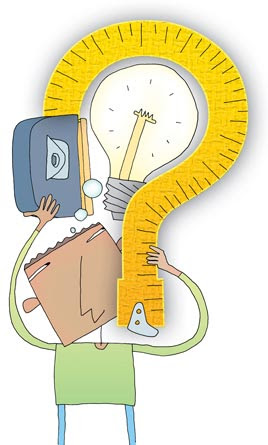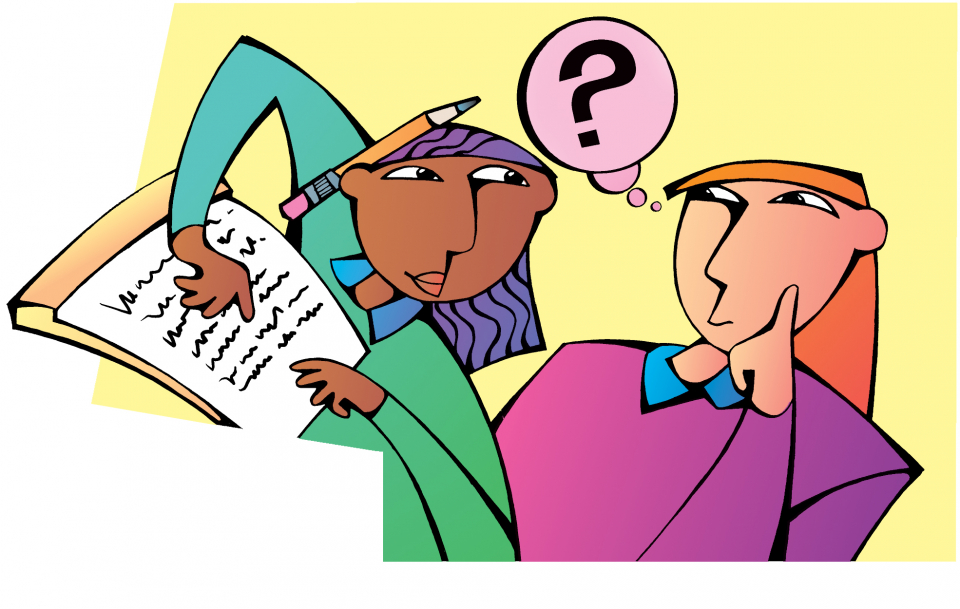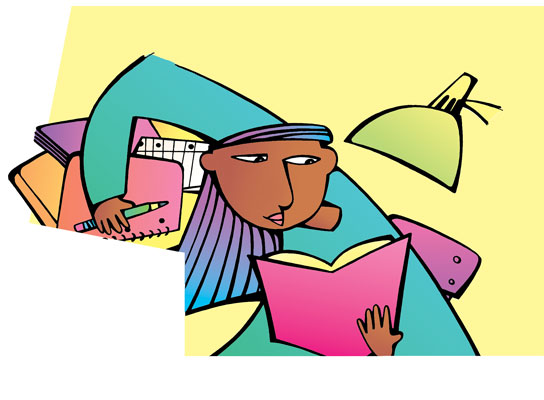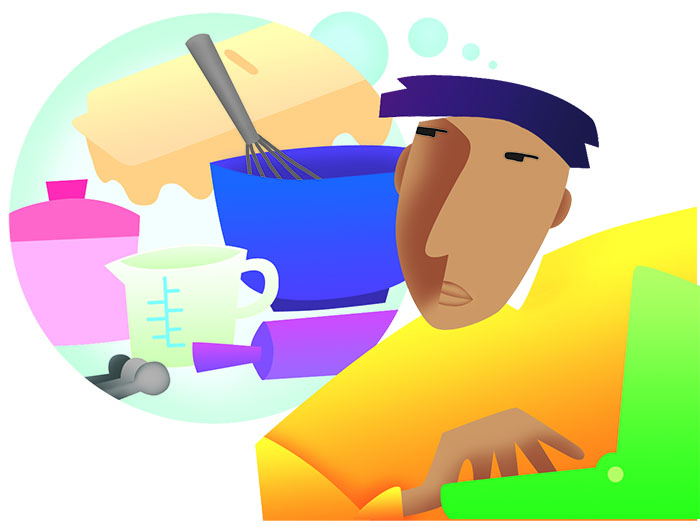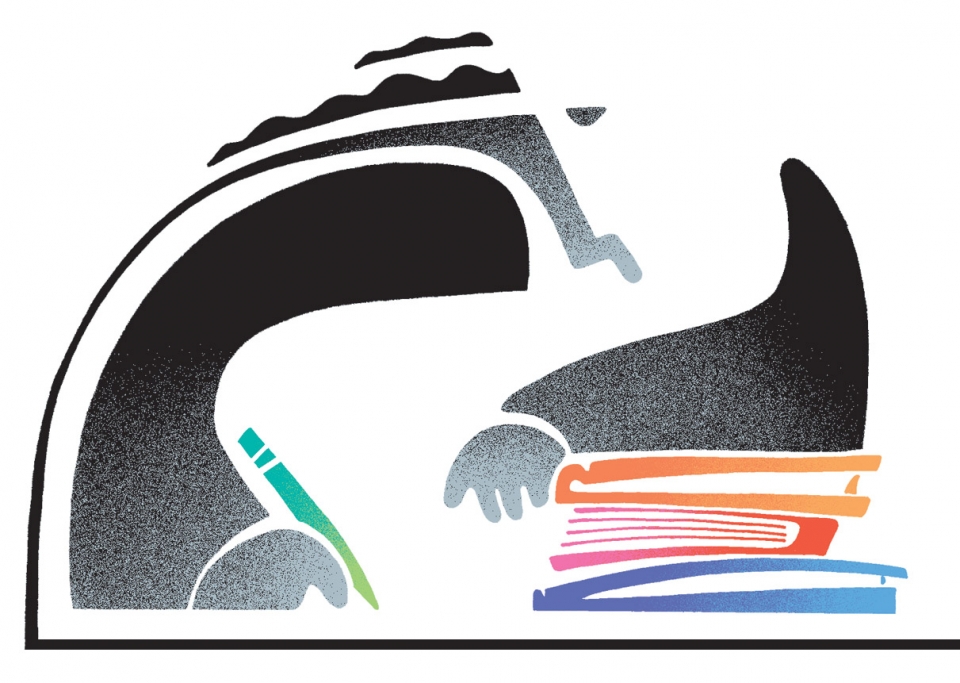What habits of mind lead to good writing? The National Council of Teachers of English teamed up with the National Writing Project to identify eight mindful habits that produce exceptional writing in school and beyond. In this post, we introduce the habits and share writing prompts that invite students to use them . . . and have some fun along the way.
1. Curiosity
Curiosity is the desire to know more about the world. (Get these prompts in a Google doc.)
Mysteries Next Door
The poet Oscar Wilde said, “The true mystery of the world is the visible, not the invisible.” Take a walk through your neighborhood and closely observe your surroundings. What buildings, businesses, landmarks, or artifacts are mysterious? Pick a mystery and investigate it. “What is that? What goes on there? What function does it serve? Why is it part of my community?” Then write a short report that reveals the amazing mysteries you have discovered.
Multimedia alternative: Create a tourism flyer or video about the topic.
Back to the Beginning
Watch this video about the origin of popsicles. Then write "Foods," "Activities," and "Clothes" on a piece of paper and list favorite examples of each. Choose one example and research its origins. Answer the 5 W’s and H: “Who invented it? What did it first look like? When was it invented? Where was it invented? Why was it invented? How was it invented?” Create an essay that explains its origins.
Narrative alternative: From the perspective of one or more people involved, create a historical narrative about the item’s origins.
2. Openness
Openness is the willingness to consider new ways of being and thinking in the world. (Get these prompts in a Google doc.)
The Other Side of the Coin
Review the controversies at ProCon.org. Choose a controversy, state your opinion about it, and list three reasons that support your opinion. Now state an opposing opinion and list three reasons that support it. Write a brief essay arguing for this opposing view, including strong reasons and refuting one of the reasons you initially stated for your own view. Did you rethink your original position? Do you better understand the opposition's view?
Speaking alternative: Create a speech in support of the opposing point of view.
Feeling Like a Stranger
When have you been an outsider (the only girl or boy, a new kid in school, the only young person in a room full of adults)? How did the experience make you feel? Now imagine being someone from a different background in a setting where you are an insider. Write an essay that shares the experience of being an outsider and discusses ways that outsiders can become insiders.
Visual alternative: Create a poster with strategies for making your classroom or school more inclusive of diverse ideas, cultures, and perspectives.
3. Engagement
Engagement is investment and involvement in learning. (Get these prompts in a Google doc.)
Moment in History
Interview an older person about a significant moment from the past. Take careful notes and then (1) write a narrative about the event from the person's perspective or (2) write a nonfiction article titled “What You Should Know About [Event] from Someone Who Lived It.” Research your topic to fill in any missing information.
Multimedia alternative: Create a slideshow presentation using photos from the person's life and providing narration of events.
What’s More Important?
"Imagination is more important than knowledge." —Albert Einstein
How can this quotation be true? As a child, you spent much time immersed in imagination, but now you've spent many years pursuing knowledge. What's the relationship between imagination and knowledge? Write an essay that defines each term and tells how they relate. Explain Einstein's position but then state your own position, supporting it with reasons and evidence.
Visual alternative: Create a poster that represents the relationship between imagination and knowledge.
4. Creativity

